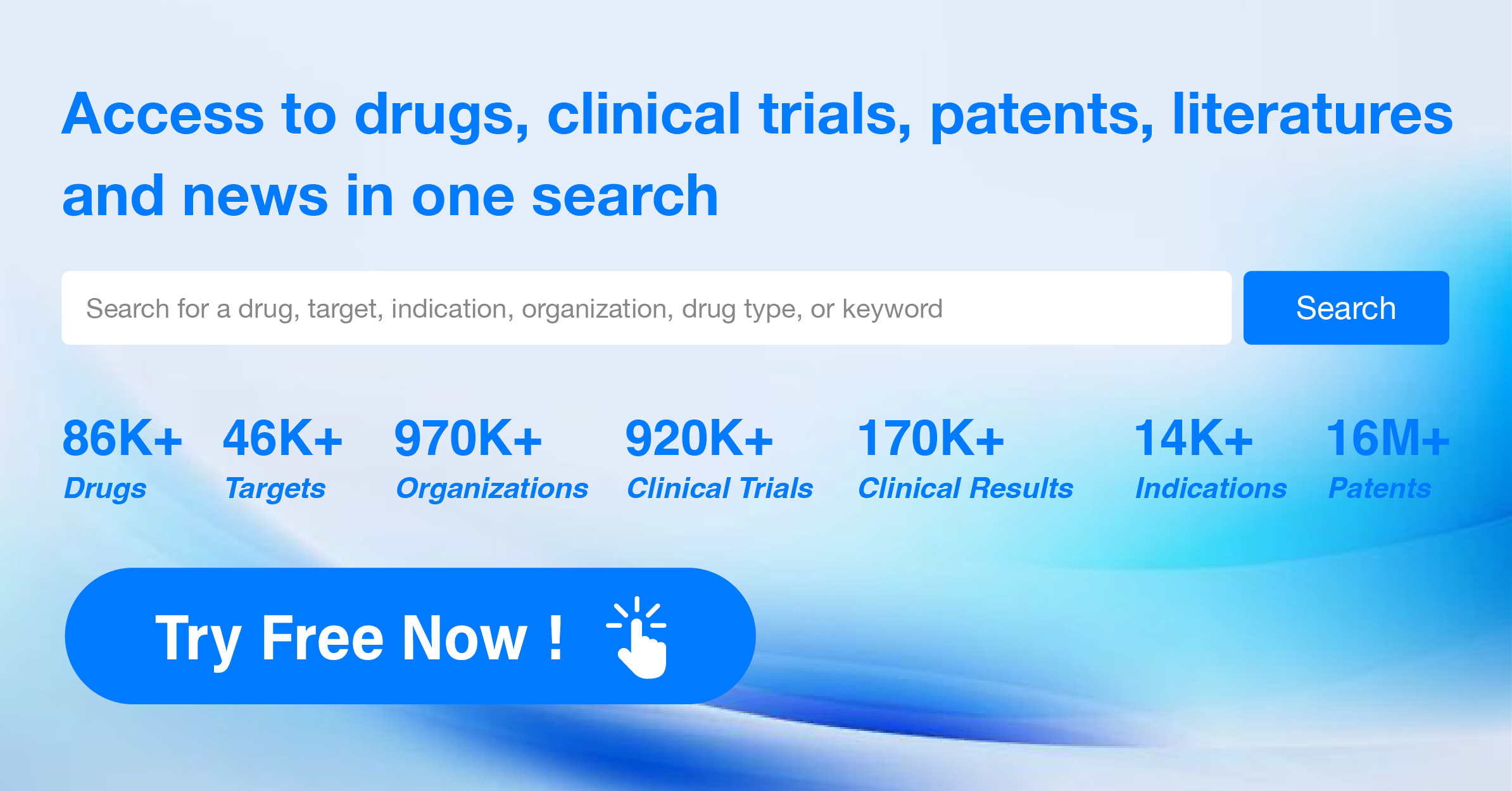Precision BioSciences' Partner iECURE Granted MHRA Approval to Extend ARCUS Gene Editing Trial in OTC Deficiency
In a significant step forward for gene editing therapies, iECURE, a clinical-stage gene editing company, has been granted Clinical Trial Authorization (CTA) by the UK Medicines & Healthcare products Regulatory Agency (MHRA) to expand its Phase 1/2 OTC-HOPE study to the United Kingdom. This follows the Australian Therapeutic Goods Administration's (TGA) approval to initiate the study, which is focused on treating Ornithine Transcarbamylase (OTC) deficiency in infants using ECUR-506, a gene editing therapy developed through a partnership with
Precision BioSciences, Inc.ECUR-506 is a product of the ARCUS® gene editing platform by Precision BioSciences, which is designed to perform sophisticated gene edits, including gene insertion. The therapy involves the insertion of a functional OTC gene using ARCUS nuclease, which could provide a lasting clinical benefit for children suffering from OTC deficiency, a condition that can lead to life-threatening complications without effective treatment.
The OTC-HOPE study, which is a first-in-human clinical trial, will assess the safety, tolerability, and efficacy of ECUR-506 in baby boys with OTC deficiency. The primary goal is to evaluate the intravenous administration of a single dose of the therapy and its potential effects on disease-specific biologic markers, developmental milestones, and quality of life.
iECURE's gene editing approach for liver disorders relies on the delivery of two adeno-associated virus (AAV) capsids, each with distinct payloads. The company has licensed the ARCUS nuclease from Precision BioSciences, which is used to target gene editing at the PCSK9 gene locus and facilitate the insertion of the functional OTC gene, aiming for permanent gene expression and a curative outcome.
Precision BioSciences, a company utilizing the ARCUS® platform to develop gene editing therapies, is committed to improving life through its innovative genome editing technology. The company's pipeline includes in vivo gene editing candidates designed to offer long-lasting cures for a wide range of genetic and infectious diseases where current treatments are inadequate.
OTC deficiency, the most prevalent urea cycle disorder, is an inherited metabolic disorder caused by a defect in a liver enzyme that detoxifies ammonia. Without proper treatment, affected individuals can suffer severe neurological damage or even death. Currently, the only corrective treatment available for severe OTC deficiency is a liver transplant, with existing medical therapies unable to address the root cause of the disease.
The approval from the MHRA is a milestone for iECURE and Precision BioSciences, showcasing the potential of ARCUS to revolutionize the treatment of OTC deficiency and validate its gene insertion capabilities. The companies are also advancing their hepatitis B program, with plans for an IND application and/or CTA filing in 2024.
About iECURE:
iECURE is dedicated to developing therapies for liver disorders using in vivo gene insertion technology. The company's approach aims to replace dysfunctional genes with healthy copies, offering a durable and potentially curative treatment. With a management team experienced in global orphan drug and gene therapy clinical trials, iECURE collaborates with the University of Pennsylvania’s Gene Therapy Program to leverage its expertise and infrastructure in developing potential product candidates.
How to obtain the latest research advancements in the field of biopharmaceuticals?
In the Synapse database, you can keep abreast of the latest research and development advances in drugs, targets, indications, organizations, etc., anywhere and anytime, on a daily or weekly basis. Click on the image below to embark on a brand new journey of drug discovery!




